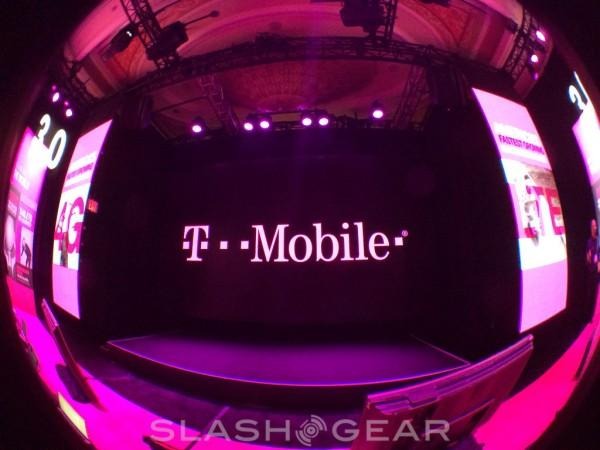FTC: T-Mobile "crammed" bills with bogus fees, profited [UPDATE]
Turns out the "Uncarrier" may have been making some unreal money from their customers. A new FTC complaint levies some serious charges, which amount to the carrier bilking their subscribers. The complaint also alleges T-Mobile was taking steps to cover their tracks, and purposefully confusing customers with vague language and extensive paperwork.
Much of this has to do with third-party carrier billing, where a subscription can be tacked onto your monthly bill. those silly commercials you see that ask you to text your name and the name of your partner to see if it will end up blissfully? Yeah, those. Jokes of the day, daily ringtones — all come in the form of what the FTC calls "cramming".
When customers noticed these charges on their T-Mobile bill, it was often listed as a "premium" service, and noted nothing about what it was or where it came from. Clever billing line-items masked the true nature of the charge, of which t-Mobile kept up to 40% of. The complaint also asserts that the charges were eligible for refunds roughly 40% of the time.

Because so many were seeking refunds, T-Mobile should have known it was fraudulent — according to the FTC. "The FTC has alleged that because such a large number of people were seeking refunds, it was an obvious sign to T-Mobile that the charges were never authorized by its customers" the FTC says. "The complaint also states that internal company documents show that T-Mobile had received a high number of consumer complaints at least as early as 2012."
The suit also alleges T-Mobile claims customers approved the charges when they had no evidence of such. The FTC complaint says "the FTC charged that T-Mobile refused refunds to some customers, offering only partial refunds of two months' worth of the charges to others, and in other cases instructed consumers to seek refunds directly from the scammers – without providing accurate contact information to do so."
What it boils down to is probable negligence, possibly ignorance, and maybe even deceptive practices. T-Mobile didn't refund when they should have, and hid the charges deep in customer billing statements.
According to the FTC, at least. We've reached out to T-Mobile for commentary, and will update this article should we hear back from them.
Update: T-Mobile has issued an official response to the FTC complaint. You'll find it below, in it's entirety.
We have seen the complaint filed today by the FTC and find it to be unfounded and without merit. In fact T-Mobile stopped billing for these Premium SMS services last year and launched a proactive program to provide full refunds for any customer that feels that they were charged for something they did not want. T-Mobile is fighting harder than any of the carriers to change the way the wireless industry operates and we are disappointed that the FTC has chosen to file this action against the most pro-consumer company in the industry rather than the real bad actors.
As the Un-carrier, we believe that customers should only pay for what they want and what they sign up for. We exited this business late last year, and announced an aggressive program to take care of customers and we are disappointed that the FTC has instead chosen to file this sensationalized legal action. We are the first to take action for the consumer and I am calling for the entire industry to do the same.
This is about doing what is right for consumers and we put in place procedures to protect our customers from unauthorized charges. Unfortunately, not all of these third party providers acted responsibly—an issue the entire industry faced. We believe those providers should be held accountable, and the FTC's lawsuit seeking to hold T-Mobile responsible for their acts is not only factually and legally unfounded, but also misdirected.
– John Legere, CEO of T-Mobile USA
